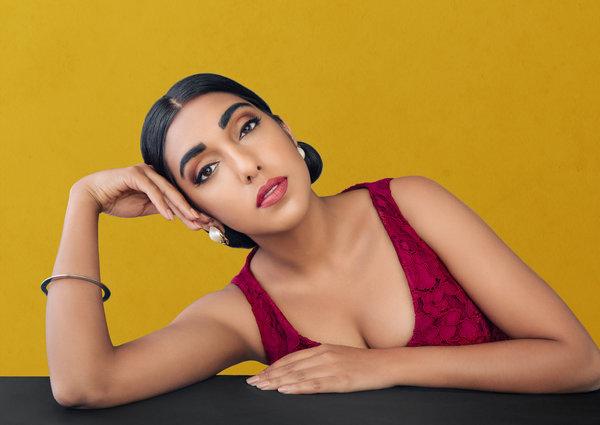
In The Atlantic, Megan Garber reports on an unexpected upsurge in the popularity of poetry in the US, according to a new survey conducted by the National Endowment for the Arts (NEA). As Garber writes, “The number of self-reported poetry readers in the United States nearly doubled between 2012 and 2017, that survey found.” Garber goes on to say that this increase owes a lot to the proliferation of new ways of reading and writing poetry that go beyond the traditional image of someone curling up with a volume of verse. Here’s an excerpt:
But then … in the intervening years, something striking happened. In its most recent survey, conducted in 2017 and published in 2018, the NEA found that, contrary to the sharp decline it had observed in previous surveys, poetry—reports of its death, etc.—had in fact seen a massive rise in popularity. The number of self-reported poetry readers in the United States nearly doubled between 2012 and 2017, that survey found. And while growth in poetry-reading was present across all the demographics the NEA surveyed, including urban and rural, it was young adults who demonstrated the largest and fastest increase, with the poetry-reading rate among those aged 18 to 24 more than doubling, from 8.2 percent in 2012 to 17.5 percent in 2017. And it was women and people of color, in particular, who helped to drive the expansion.
The challenge with a sweeping survey like the NEA’s is, in part, definitional: What, actually, is poetry? Is it words printed on a page, cloistered and gossamered and sold in the Poetry section at Powell’s? Or is it something broader, more viral and musical and culturally expansive, and therefore much harder to define and also harder to imagine going extinct? Rupi Kaur, with her fusions of word and image that have gotten her dubbed an “Instapoet,” is, by pretty much any commercial measure you’d care to use, one of the most popular poets in the world. Bob Dylan won the Nobel for Literature. In her recent short story, “Now More Than Ever,” Zadie Smith seemed to reference Kanye West without naming him. “He is one of the newer poets,” she wrote—“the musical kind—and so his words tend to go everywhere, floating between our towers, rising above the city.”
Image: Poet Rupi Kaur. Via NY Times.